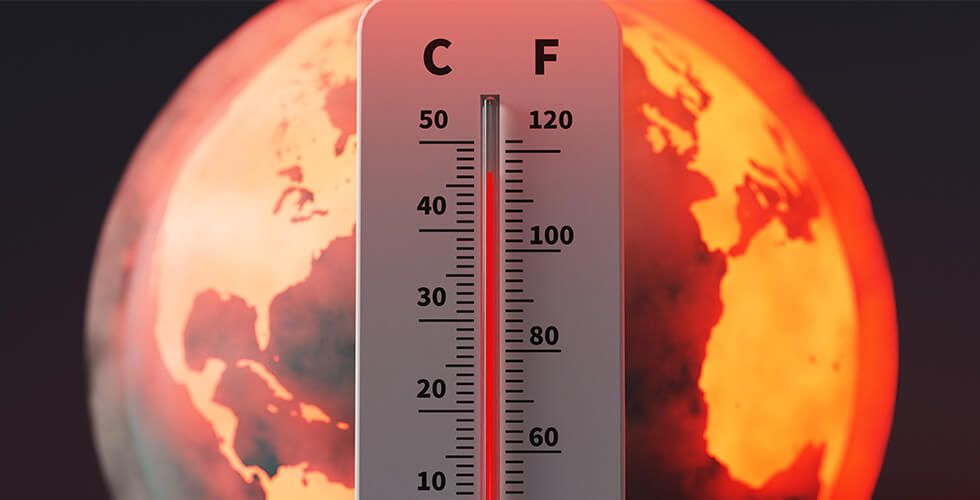
When the mercury spikes into triple digits, even simple habits can put your health at risk. Extreme heat stresses the body, making it harder to regulate temperature and stay hydrated. To keep yourself safe, here are key things you should avoid when it’s over 100 degrees.
Skip outdoor workouts during peak heat. Exercising in the midday sun can quickly lead to dehydration and heat exhaustion. Opt for early morning or late evening if you must train outdoors.
Don’t rely solely on thirst to drink water. In high heat, your body loses fluids faster than you realize. Waiting until you feel thirsty can mean you’re already dehydrated.
Avoid heavy, protein-rich or salty meals. These require more energy to digest and can increase internal heat production. Lighter, water-rich foods like fruits and vegetables are easier on your body.
Say no to alcohol and too much caffeine. Both act as diuretics, accelerating fluid loss and making it harder to stay hydrated in extreme heat.
Don’t sit in a parked car, even for a few minutes. Interior temperatures can skyrocket to deadly levels in moments, putting you at risk of heatstroke.
Avoid wearing dark, heavy fabrics. They trap heat and prevent your body from cooling efficiently. Light, breathable clothing is essential for staying comfortable and safe.
Finally, don’t ignore early signs of heat stress. Headaches, dizziness, and muscle cramps are red flags that your body is struggling. Get to a cool space, hydrate, and rest immediately.
When temperatures hit 100 degrees or higher, prevention is everything. Small changes—staying hydrated, seeking shade, and adjusting daily routines—can make the difference between staying safe and suffering from dangerous heat-related illnesses.

